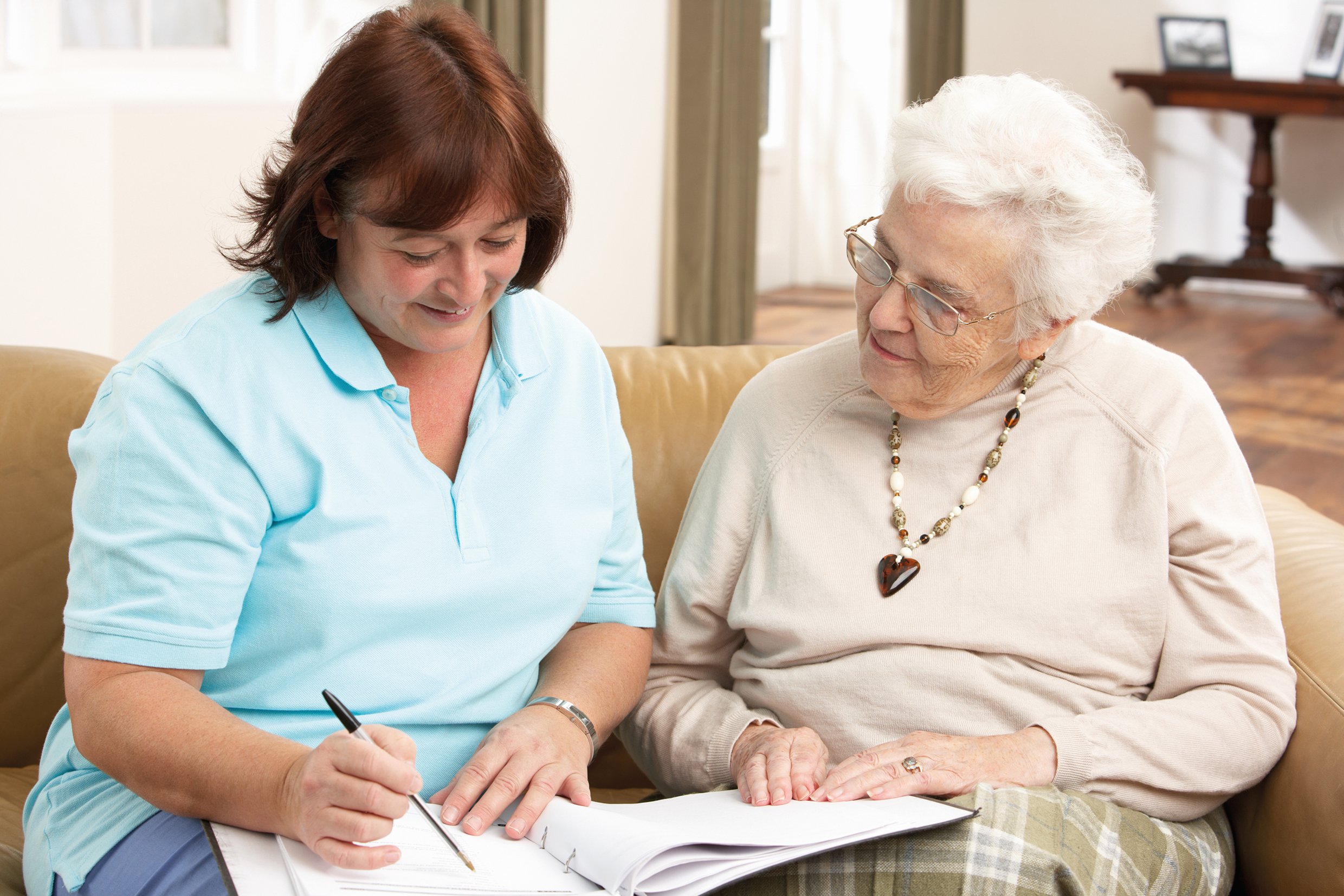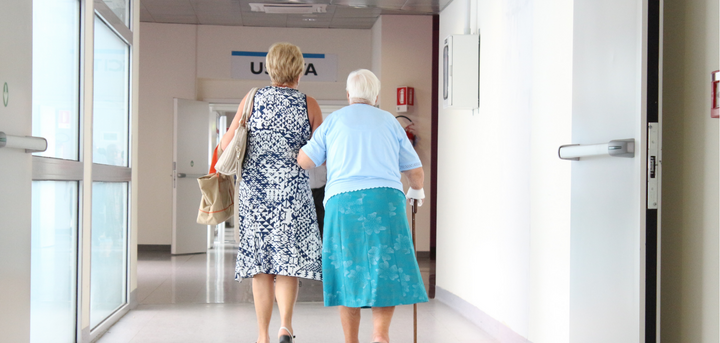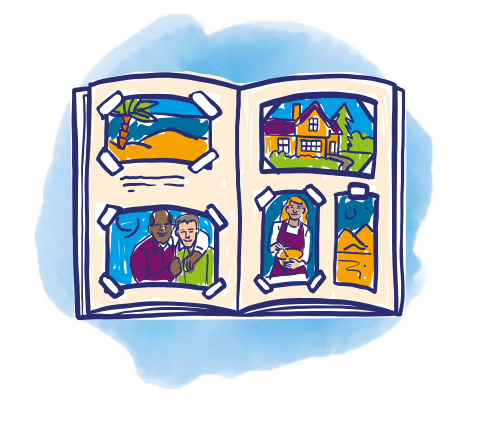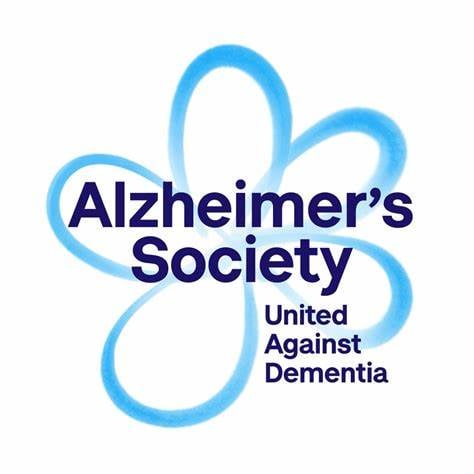Dementia Information
We want to ensure people experiencing dementia around Gloucestershire are informed, supported and comfortable. We hope this information hub will support individuals, families and carers who are supporting people with dementia.

Whether you are at the beginning of your diagnosis, looking for ways to live better with Dementia or find ways to better support someone in your life, we hope to guide you to some of the best resources around Gloucestershire.
In the UK alone there are around 850,000 people living with dementia. Whilst dementia can affect younger people, it mainly affects people over the age of 65. Everyone's experience of dementia will be different. As with any illness, it is always best to talk to your GP about any early signs of changes you notice in yourself or a loved one. Whether you are experiencing dementia or are alongside someone who is, ensuring you have the support you need is hugely important. The information below shows ways Age UK Gloucestershire can help you, as well as the many other organisations who can provide specialist support.
Understanding Dementia - The types, signs and symptoms

We all have different understandings, experiences and expectations of Dementia. Dementia is caused when a disease damages the nerve cells in the brain. There are many different diseases which cause Dementia. You may be more familiar with some than others - Alzheimer’s Disease, Lewy Body Dementia or Vascular Dementias are more common. Each type brings its own variations in symptoms, development and potential medical support, due to the specific area of the brain affected. Many of us are aware of the connection between memory loss and dementia. Yet there are many other symptoms to be aware of if you are concerned about yourself or a loved one.
The ways in which each person experiences dementia will be different. The different symptoms of dementia can impact someone’s personality, temperament and mood. They can alter how you may react in a situation, how you view yourself and others, or even change your approach to life in general. Increased anxiety, aggression and changes in emotions, can all be signs of dementia which may be misunderstood. If you live with, or care for someone showing signs of dementia, it may feel confusing and upsetting to be treated differently.
Here you can find a more thorough list of symptoms, some main types of dementia and ways to reduce risks
Dementia Symptoms Checklist
If you are concerned about yourself or someone else, you can also use this symptom checklist to track the changes you are noticing. This can be a useful first step to start gathering information ready to take to your GP.
How we can help at Age UK Gloucestershire

Our Help Team
Contact the Help Team
To hear more about how we can support you

Out of Hospital Team
Contact the Out of Hospital Team
To make a referral or find out more about the service
Take a look at the Age UK information guides
| Living with early stage dementia | At home with dementia | Caring for someone with dementia |
 |
 |
 |
| From concerns and diagnosis to support and future care |
Tips for making your home dementia friendly |
Practical help and emotional support for you |
Find out more about all of the other organisations who can provide specialist support
Local organisations
-

Take a look at how Alzheimer's Society can help you
There are many ways Alzheimer's Society can provide support to you or your family as you live with dementia. Information, advice and local opportunities can all be found using the link below.
-

Read the Dementia Handbook online today
NHS Gloucestershire have created a Dementia Handbook to share information, guidance and local organisations who can offer support. This handbook is updated twice a year and is a reliable resource for people experiencing dementia in Gloucestershire.
